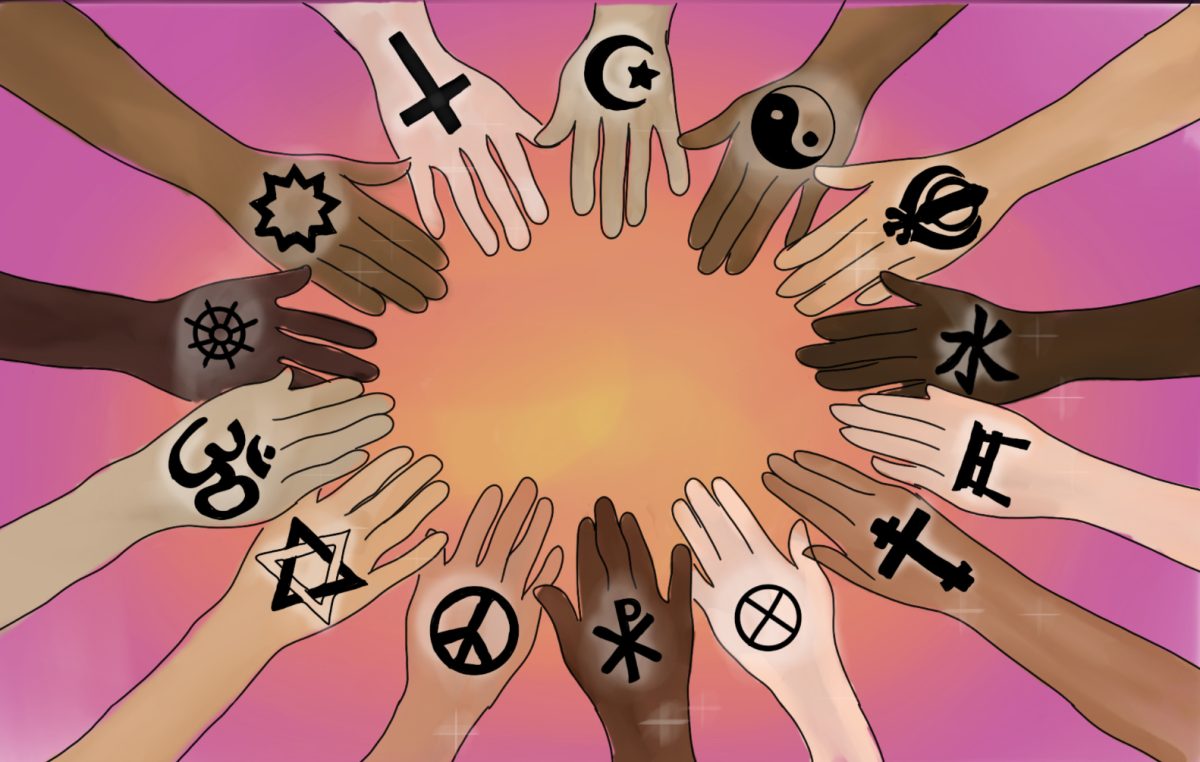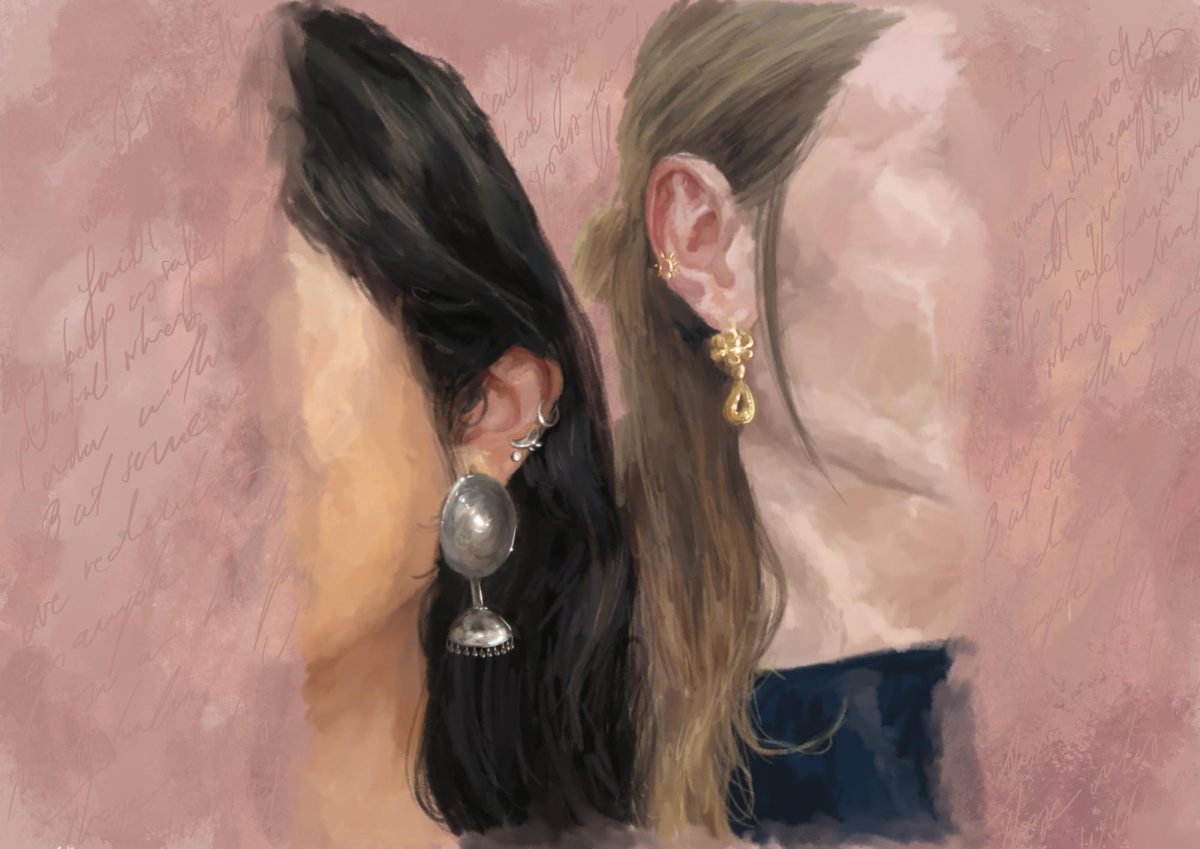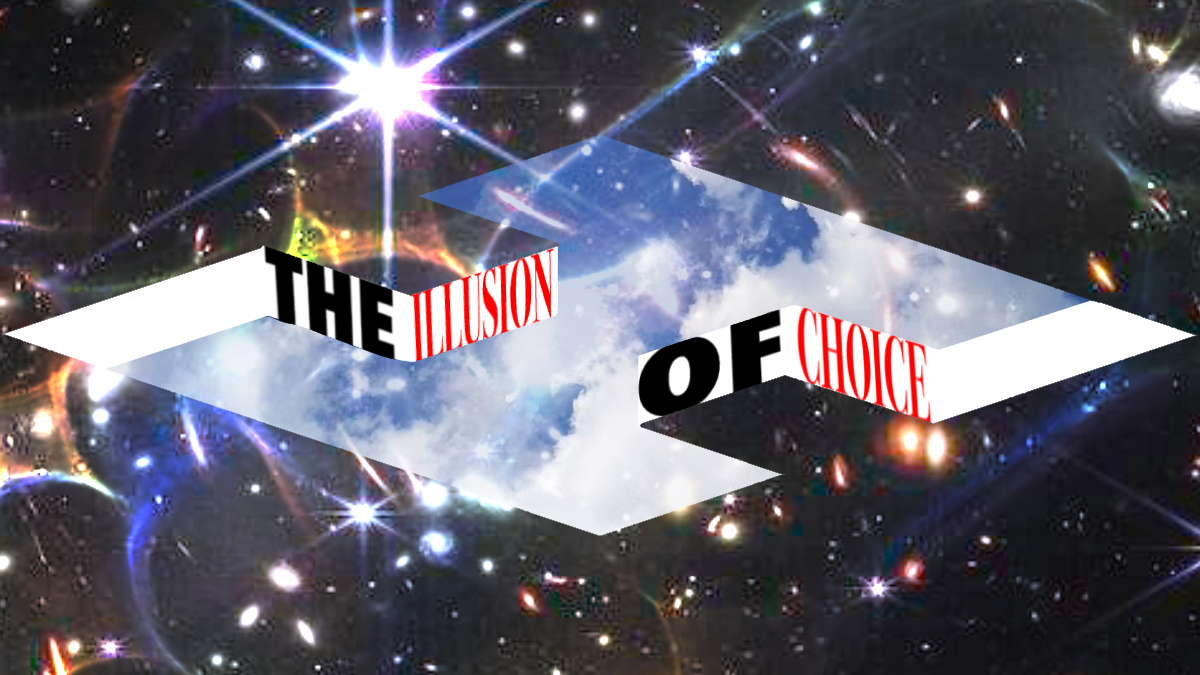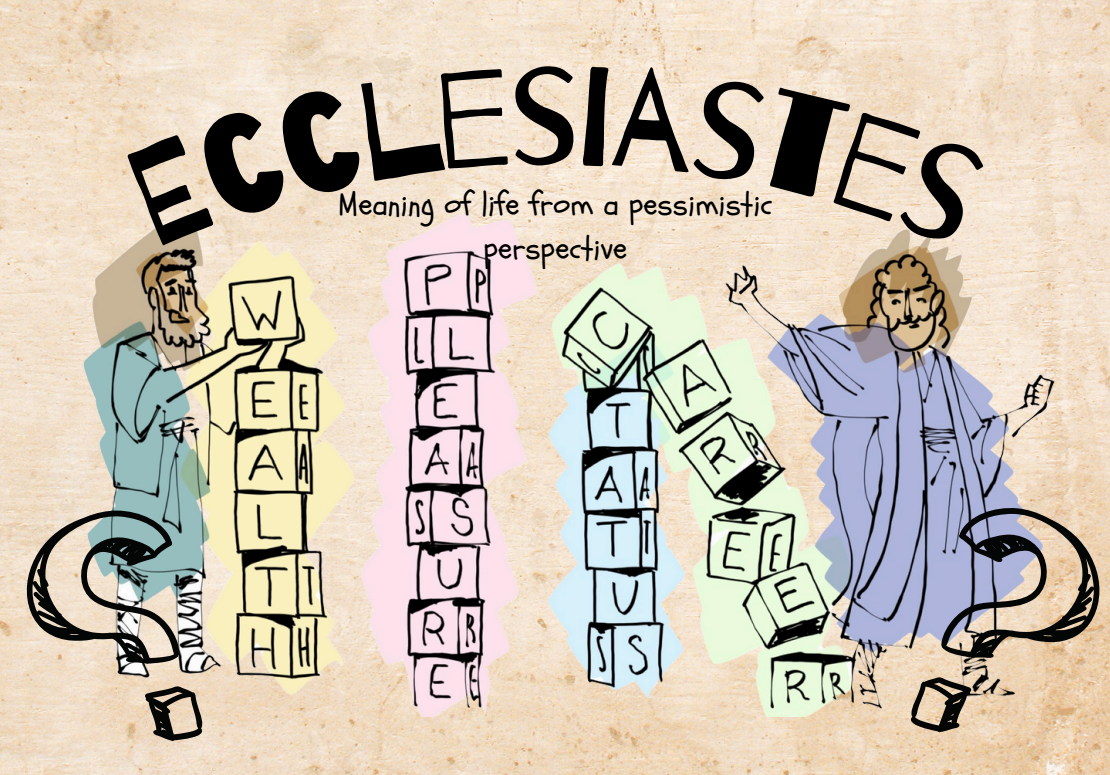“Weird” has become a bit of a buzzword in the United States at the moment. In the midst of the 2024 Presidential Election Campaign, both major party candidates – Vice President Kamala Harris and former President Donald Trump – have turned to attacks on the supposed weirdness of their political opponents. Something which, when looking at the circumstances of the election so far, is quite easy for anyone to notice.
Donald Trump. The former Republican President seeking re-election after losing the White House, supposedly staging an insurrection, being found guilty on 34 felony counts and surviving an assassination attempt. Definitely weird.
Kamala Harris. The latest ever announced Democratic nominee who is seeking to be the first ever woman of colour to become President of the United States. And we’ve all seen the TikTok videos of her dancing, laughing all the time, and talking about coconut trees. And something about being a brat. Weird.
JD Vance. The Republican candidate for Vice President who once described Donald Trump, his own running mate, as “America’s Hitler”. And who allegedly had inappropriate relations with a couch (disclaimer: fact checkers have disproved this claim). Really weird.
Tim Waltz. The Democratic candidate for Vice President who doesn’t have a law degree, went to Chadron State College and was a high school teacher. Precedent defying and absolutely weird.
Weird, weird, weird and even more weird.
Both major political parties seem to be attempting to tap into a psyche that weirdness is a bad thing and are attacking their opponents for it. But, why? Since when did we ever want your average (and I mean average) American to be the leader of the free world? Even more so, why are both parties attacking the weirdness of the other when they are undeniably weird themselves? And finally, what is a normal candidate supposed to even look like?
With graduation only 22 days away now, and reflecting on my time at William Clarke, it is clear that a microcosm of this weird phenomenon exists within our school. We are all, whether sub-consciously or not, trying to ‘fit in’. We all want to be normal to the extent that, unfortunately, we may even attempt to make those weird people around us (definitely not ourselves) feel like outcasts.
Again, why?
Well, I don’t claim to know the answer to this question, but here’s my best guess…
We all pretend to be normal to hide the shame of our own weirdness.
On the surface, this makes sense. By reframing our individual weirdness as normal, we don’t have to confront the uncomfortable reality that we are all different. However, this doesn’t do anything to hinder the shame, it simply allows it to remain dormant and build up inside all of us.
Contrastingly, weirdness is exciting. A situation where everyone is the same is patronisingly mundane. Weirdness allows for the extraordinary. This is what I personally find so ironic about the weird attacks in the Presidential campaign. In my opinion, it’s not a criticism, it’s a complement. Calling someone else “weird” is saying, “they have something which I don’t, and I’m jealous”. If anything, it should be something we say to build each other up, not to put others down.
My point, weirdness is intrinsically normal. Not only that, but weirdness is also a cause for celebration. It is our natural state of being where we are all able to do incredible, yet different, things. Why would you hide your differentiating factor? Weirdness is the ace up your sleeve that, for the sake of conformity, you’re not willing to play. It is, whether you like it or not, your defining feature. So don’t hide it, embrace the weird! It’s normal!
But all this poses the question: How can one embrace their own weirdness?
Well, my answer is perhaps the most weird thing anyone has ever said…
You are not your own.
One can only embrace their own weirdness when their source of meaning and fulfilment isn’t found from others, but rather from Christ.
Simply put, if all you care about is what others think of you, then you will be driven to be normal. However, if you know that you are loved by Jesus, then you have the freedom to be the weird person that he created you to be.
You are not your own because you are Christ’s.
The Bible’s timeless wisdom reveals that we are all “fearfully and wonderfully made” (Psalm 139:14) in “the image of God” (Genesis 1:27). Your weirdness is a gift given to you by God. Thank him that we are all created with different strengths and weakness and that we don’t have to live a life of mundane normality.
This is why, in my opinion, Christians are the weirdest people.
It’s not that we are any more intrinsically weird than your average Joe, but instead we are comfortable enough to be our natural weird self. We have the freedom to “not conform to the (normal) pattern of this world” (Romans 12:2) because our purpose is not of this world. In fact, some may even argue it is a sin to suppress our God-given weirdness.
The Christian life, contrary to popular belief, is one of freedom. We are not trapped in the unfulfilling cycle of conforming to normality. Instead, Christians are able to embrace their weirdness because they know it is given to them by the God who made, loves and saves them.
In sum, we all, deep down, are weird. We all, whether you care to admit it or not, have a desire to be our natural weird self. And we all can only embrace our weirdness, when we embrace the one who gave it to us in the first place.

















